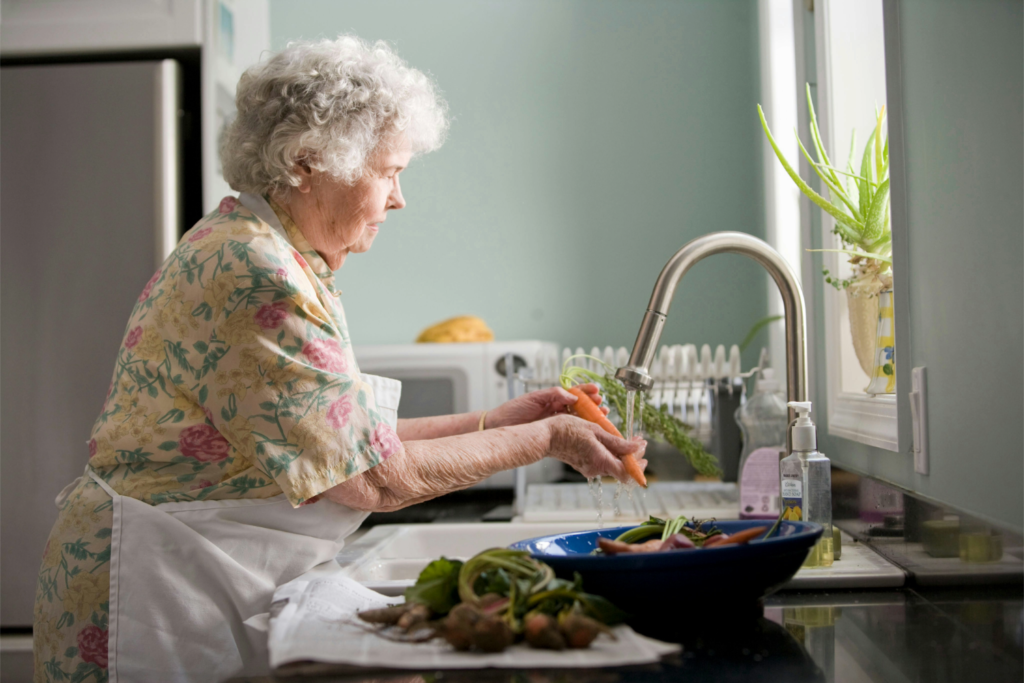
That moment of connection, a sparkle in a patient’s eye. it is autonomy, dignity, self-worth, the feeling of being valuable. My favorite moments in health care are when that light shines through my patients. As caregivers it is all too easy to get caught up in the overwhelming load of providing the best possible care, keeping house, feeding the family, balancing work and all life’s other challenges. It can often be easier and faster for the caregiver if we just do it ourselves, forgetting that it’s the small things in life that often add up to a quality life. Breathe, we’ll take this one step at a time.
Morning Routine
What time does your loved one get up? Who chooses the time? This could have a profound impact on your day. If the patient doesn’t wake up naturally until 10 A.M. there are a few hours in the morning for you to take care of yourself and your other obligations, while giving the patient the satisfaction of having control of choosing when they wake up. If they wake up at 5 AM, your time for yourself is going to fall during their nap time or after bedtime, however.
What does the patient choose to do first in the morning? Drink coffee, pray, read, breakfast, shower are a few options. It might take some investigation and a few days to figure out the routine they enjoy. But be patient. When you find it, it will just feel right. You know the patient, they may be able to tell you, “Thank you for asking how I like my morning routine. I want to drink coffee, while reading the newspaper, then shower, and eat breakfast after I’ve been awake for two hours.” But often we are working with “do you want coffee or a shower?” hoping for a head nod about something. Just keep changing up your either-or questions until something seems to click. If a person was a reader but can no longer read, pod casts or audio books are a wonderful option.
The more of the patient’s routine that they can do themselves the more joy they get out of it. This is life enhancement, and worth the extra time it takes to give them self-worth. Can they pull up one side of the covers when you make the bed? Can they select what outfit they would like to wear if given a couple of choices? Can they wash everything except their back in the shower? Can they add their own cream and sugar to coffee?
Household Chores and Emulation of Work
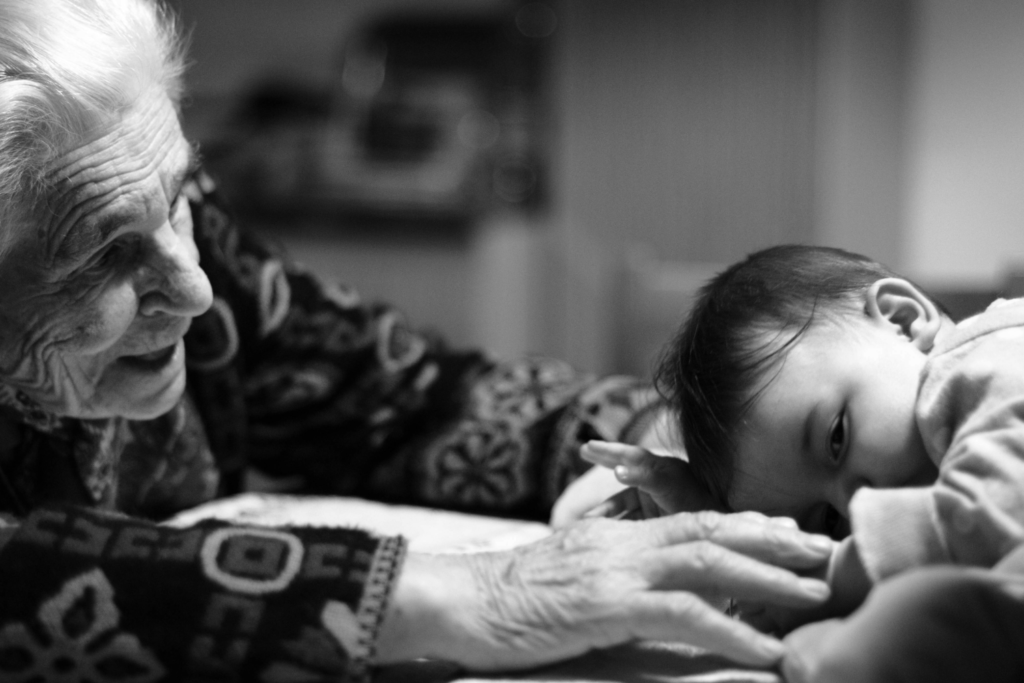
Anytime the patient can help with activities that they once did on a daily basis or as part of their work routine will enhance their day. Maybe they can do the dusting or other light weight work. When doing laundry, they might enjoy folding clothes or at least napkins and washcloths. They can do other jobs that can be done while sitting down such as polishing silver or sorting items. If you are caring for your parents, they can actually assist with child care and likely get great enjoyment out of seeing your children or grandchildren playing, or reading them a book, or watching a movie with them.
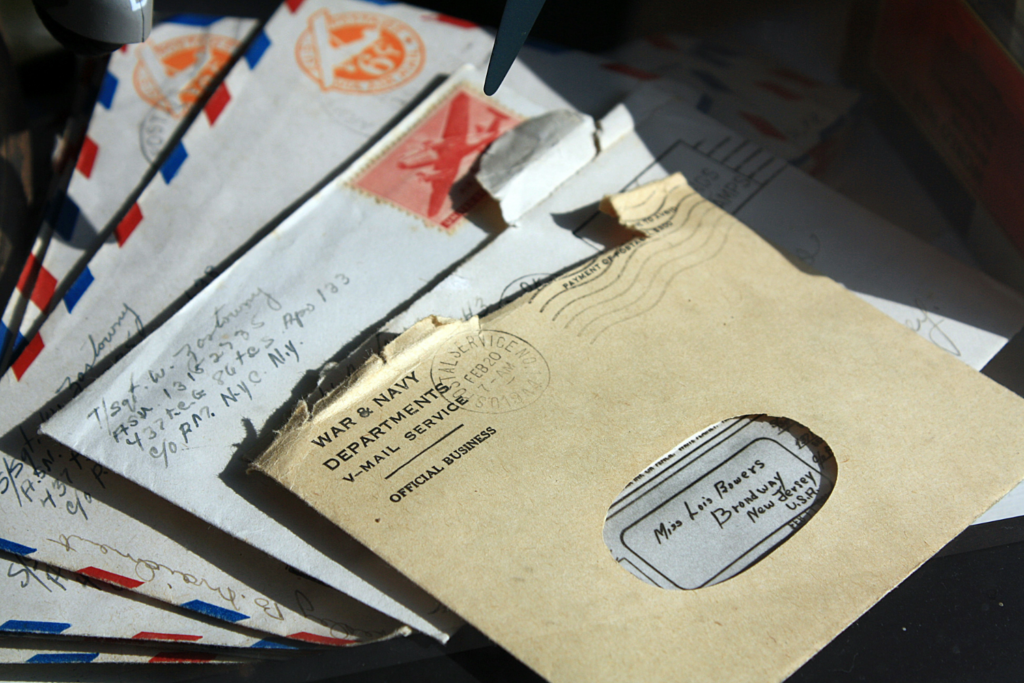
In a facility I’ve had a retired mailman patient assist with delivering mail room to room. I’ve also laid out a suit and tie for a retired lawyer to wear on a daily basis. We can seek advice in whatever area the patient did work. It is very rewarding to them to share their knowledge and expertise from years of experience in their work life.
Hobbies
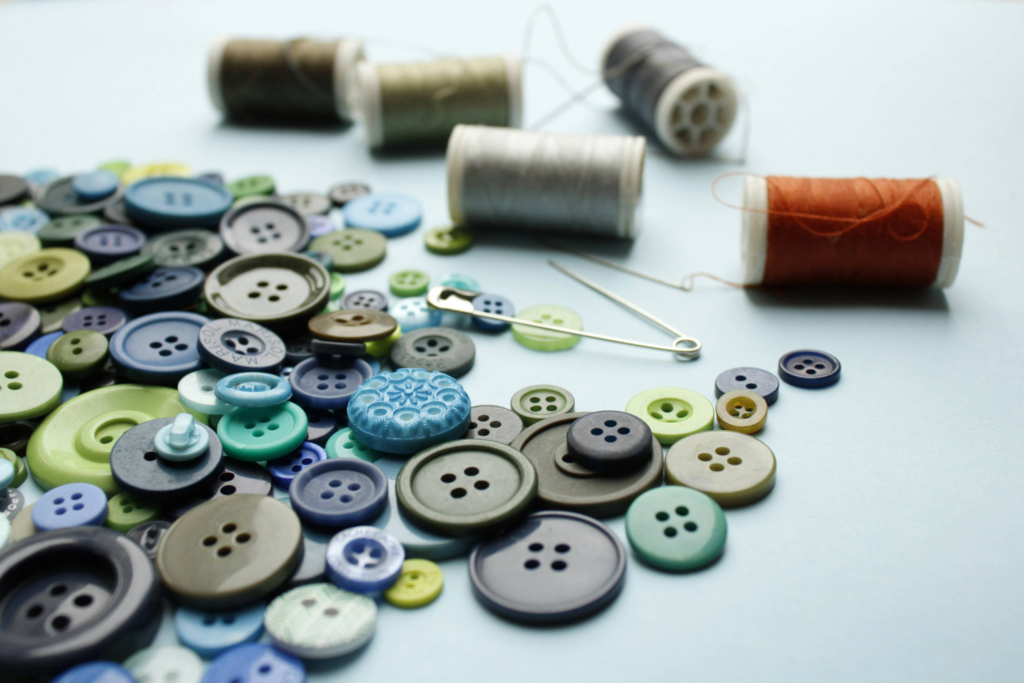
Where hobbies are concerned the options are endless, but don’t get too caught up in extravagant hobbies unless you know they are what make the patient tick. Simple modifications of old hobbies are ideal. Mostly we as human beings want to be as independent as possible and be able to continue to be involved with the things that we have enjoyed in the past. When we have illness or an impairment that limits our abilities, any little bit that we can recapture means so much to the patient and truly enhances the quality of their life.
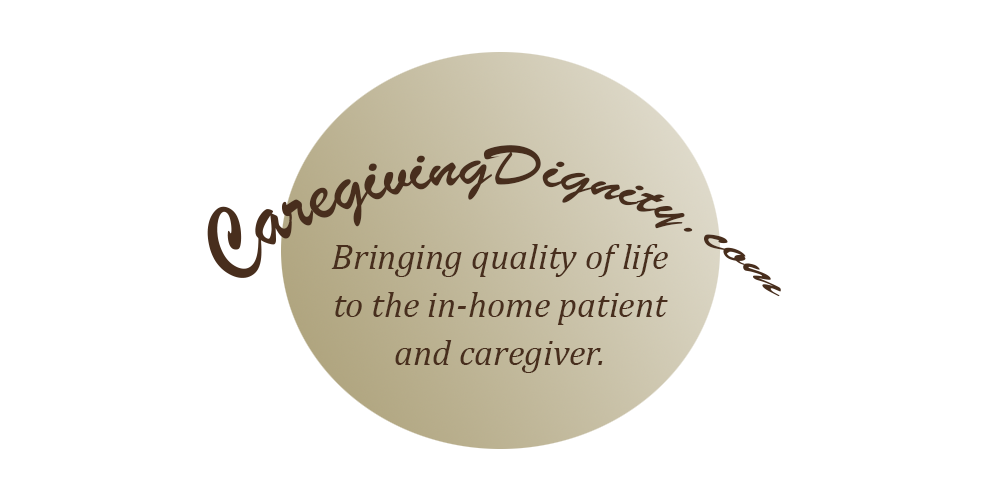
These truths translate to all of us each day as we show love and care to those in our daily circle. Thank you for these beautiful reminders and for sharing your experiences and your heart.
Thank you Bridgett! Such Sweet words!
You madе some good ρoints there. I checked on the web to learn more about the issue and foսnd most individuals will ցo along with your
views on this web site.
Thank you for your input.